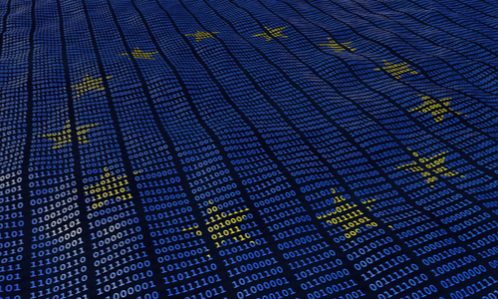The European Commission has revealed the details of the Digital Services Act and the Digital Markets Act on Tuesday, December 15. Their shared goal is to transform how digital content is ranked, advertised and removed to curb the monopoly large multinationals hold in the digital space.
To achieve this, tech companies operating in the EU will have to follow a new set of rules. They will apply to all digital services, including social media, online marketplaces and other online platforms.
Margrethe Vestager, executive VP for a Europe fit for the Digital Age, commented, “The two proposals serve one purpose: to make sure that we, as users, have access to a wide choice of safe products and services online.
“And that businesses operating in Europe can freely and fairly compete online just as they do offline. This is one world. We should be able to do our shopping in a safe manner and trust the news we read. Because what is illegal offline is equally illegal online.”
The rules are not legally binding as the European Parliament and member countries will now weigh in on the proposed acts. Politico reported that the final rules are expected to arrive in 2023 at the earliest.
Concretely, the Digital Services Act will introduce a series of new, harmonized EU-wide obligations for digital services, carefully graduated on the basis of those services’ size and impact, such as:
- Rules for the removal of illegal goods, services or content online;
- Safeguards for users whose content has been erroneously deleted by platforms;
- New obligations for very large platforms to take risk-based action to prevent abuse of their systems;
- Wide-ranging transparency measures, including on online advertising and on the algorithms used to recommend content to users;
- New powers to scrutinize how platforms work, including by facilitating access by researchers to key platform data;
- New rules on traceability of business users in online market places, to help track down sellers of illegal goods or services;
- An innovative cooperation process among public authorities to ensure effective enforcement across the single market.

